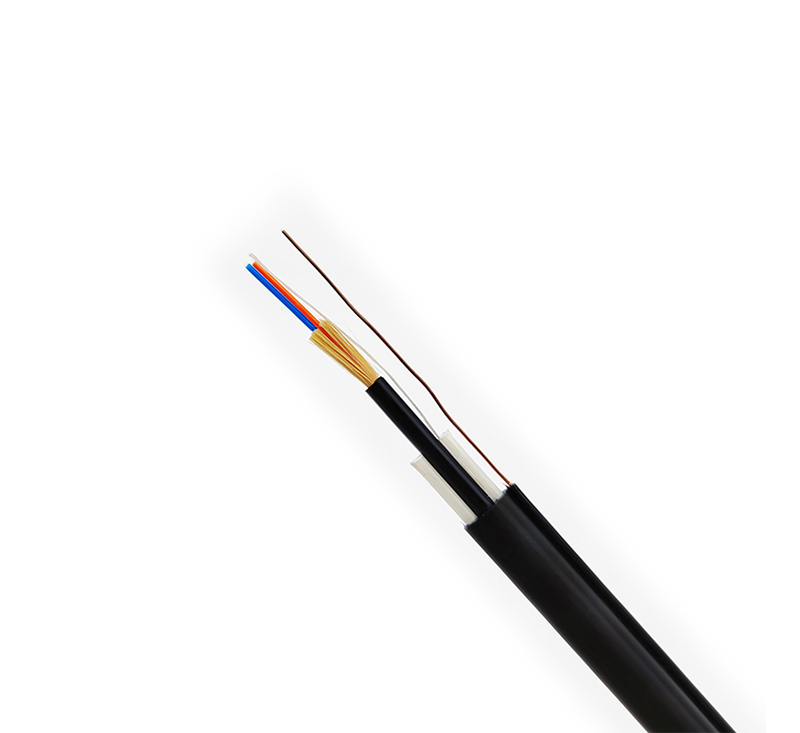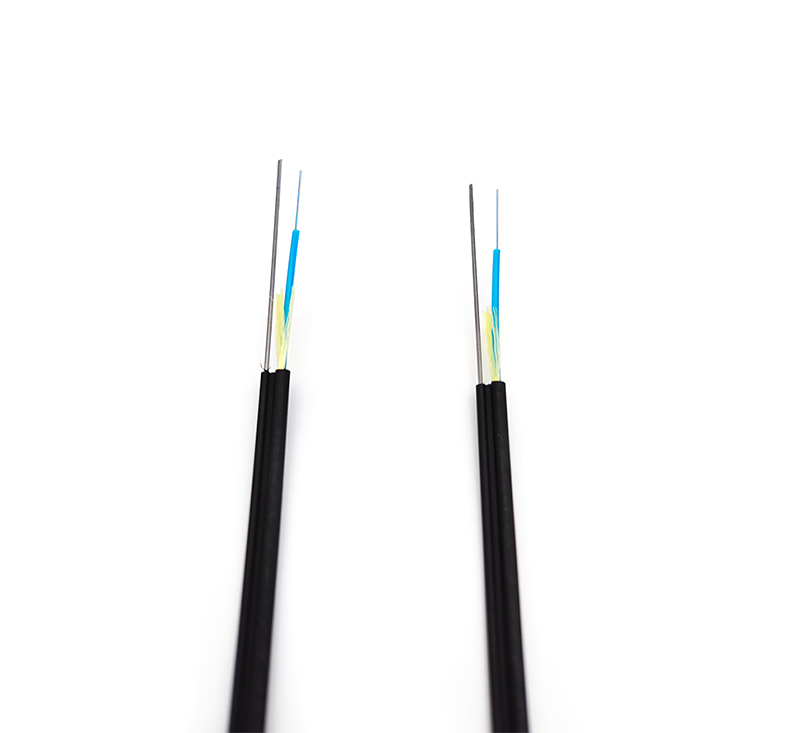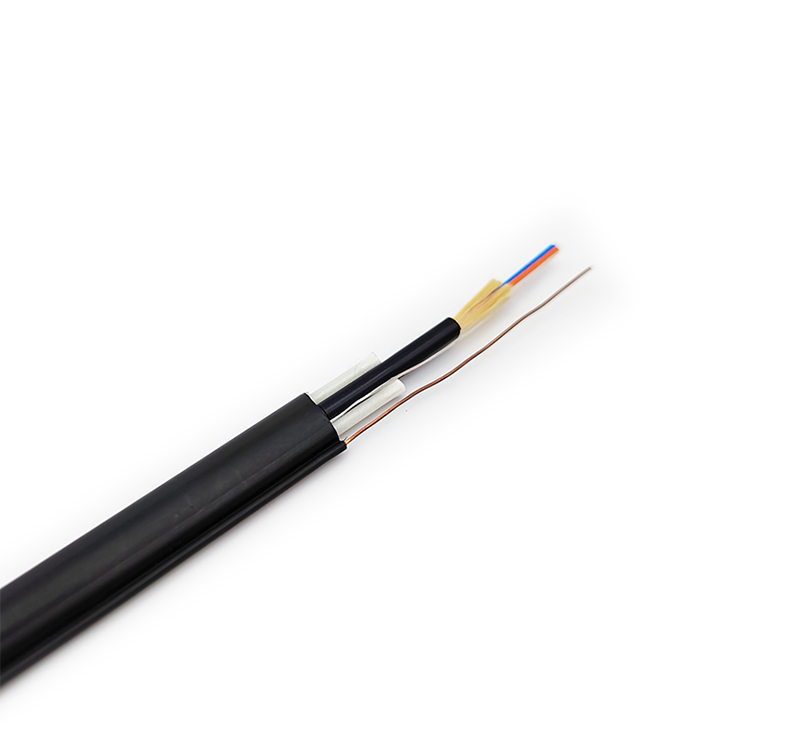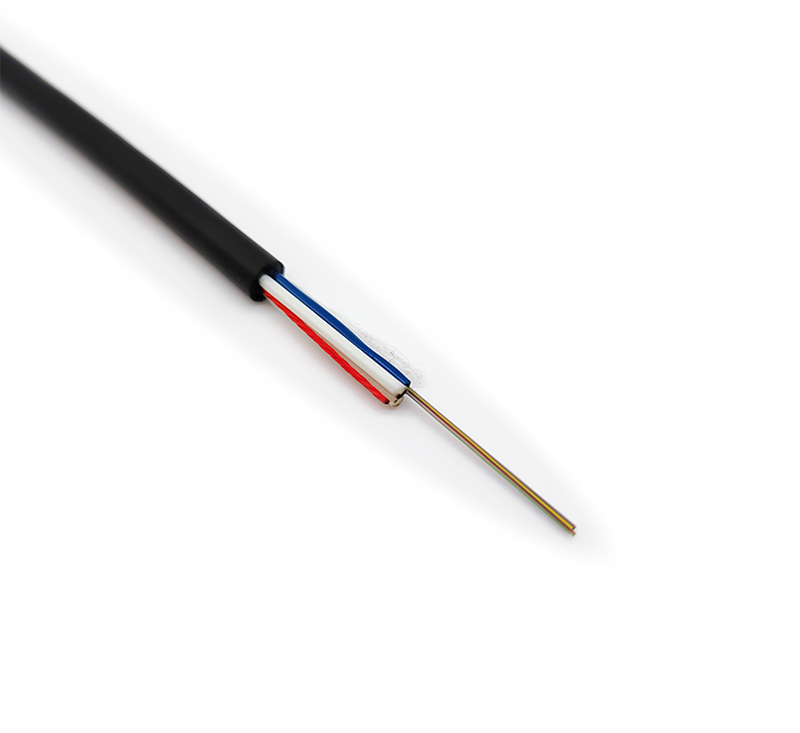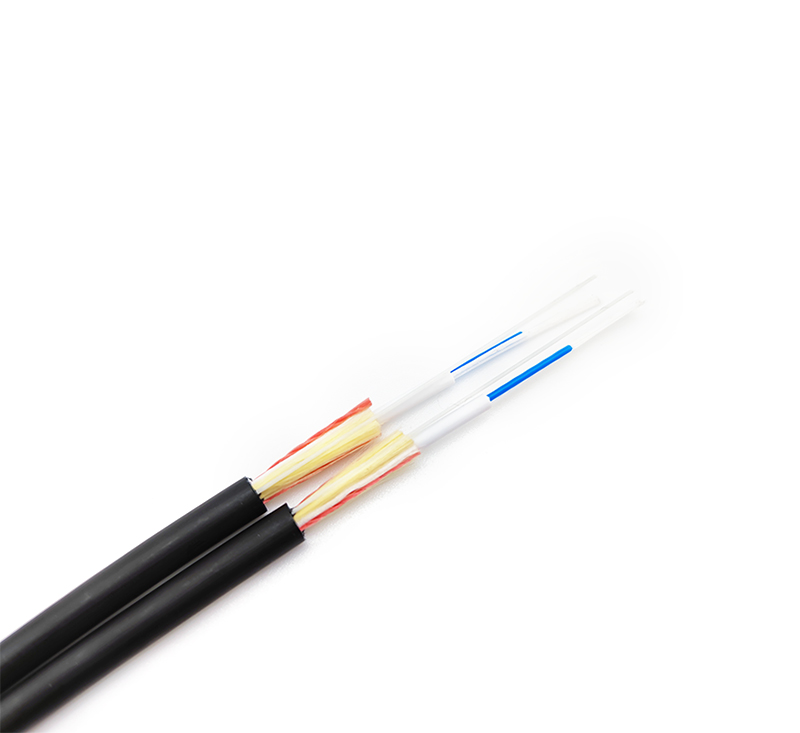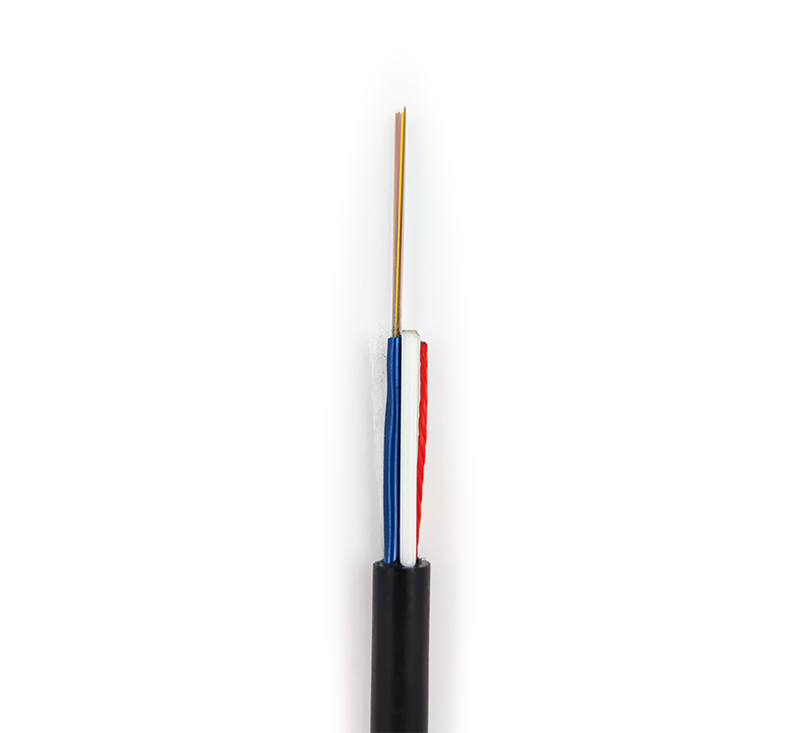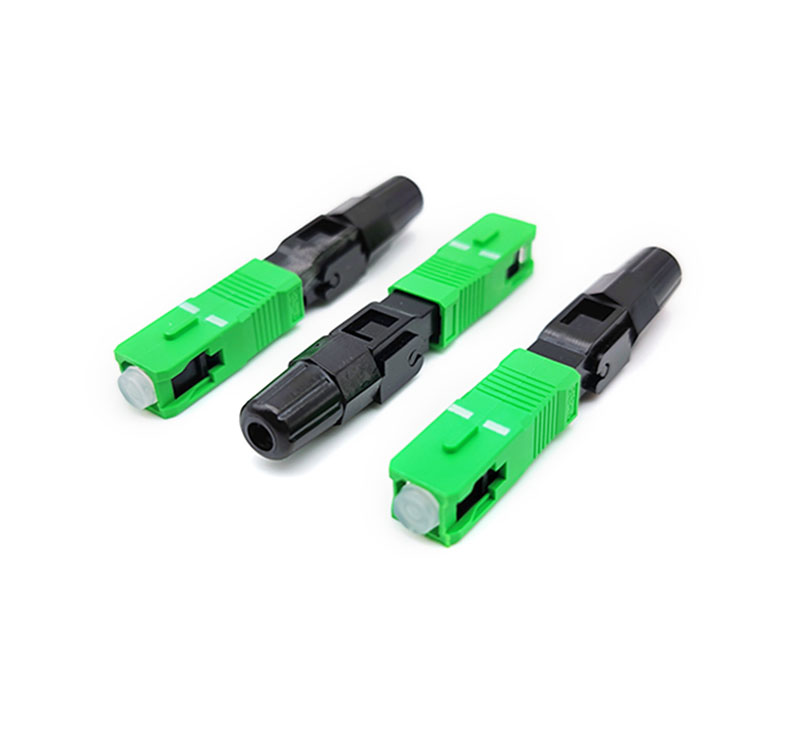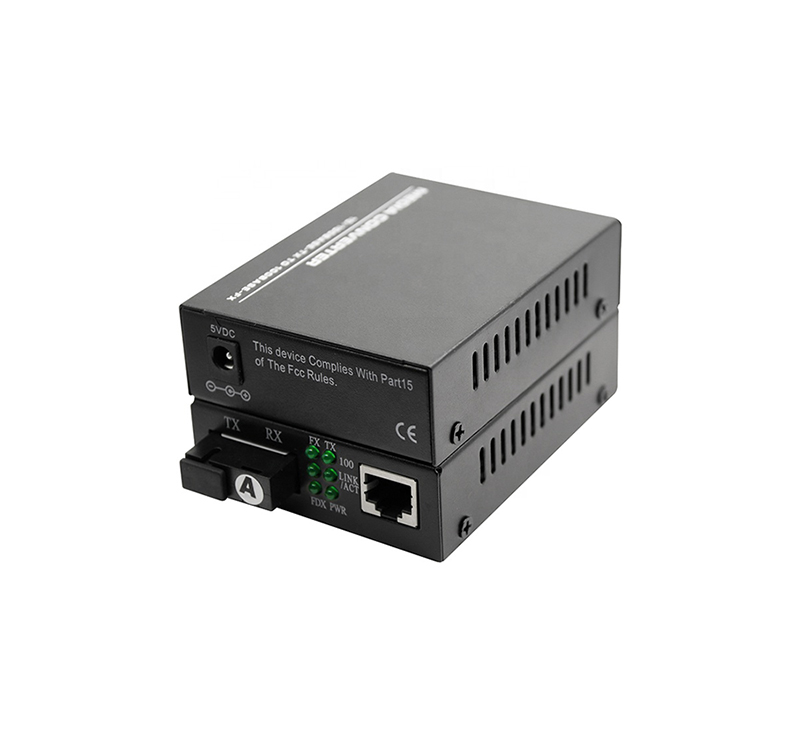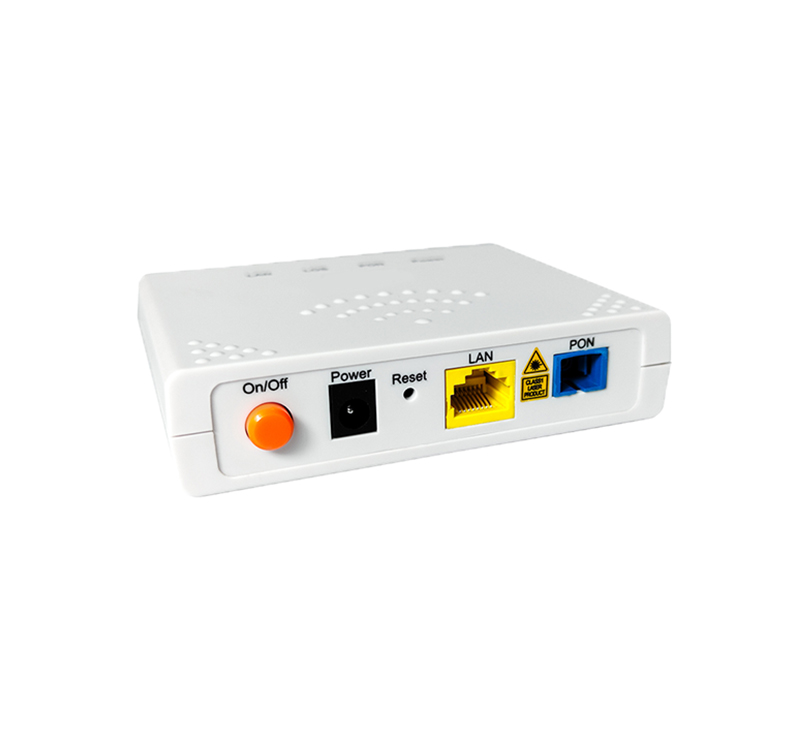-
- Fiber Optic Cable
- Active Optical Cable
- SFP Module
- Fiber Optic Patch Panel
- Fiber Optic Terminal Box
- Field Tactical Cable
- Fiber Optic Splitter
- Fiber Optic Fast Connector
- Waterproof FTTA Patch Cord
- Fiber Optic Patch Cord
- Fiber Optic Connector Series
- GPON EPON ONU
- Fiber Optic Fusion Splicer
- Fiber Media Converter
- Fiber Optic Cable Clamp
- Fiber Optic Adapter
- Optical Multimeter
- Optical Fiber Cleaver
- Optical Receiver
- FTTH Fiber Splice
- Access Terminal Socket
- LiFePO4 Battery
-



